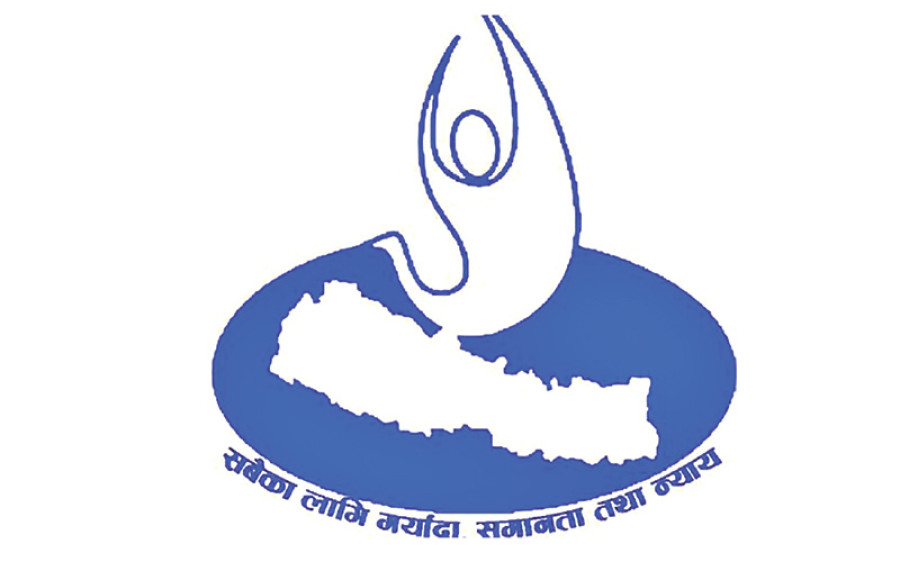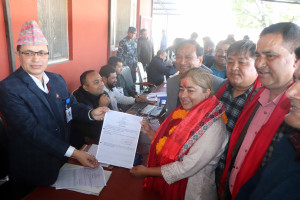Miscellaneous
NHRC stresses transitional justice
The National Human Rights Commission has blamed the “lack of political will” to complete the remaining task of the peace process,
The National Human Rights Commission has blamed the “lack of political will” to complete the remaining task of the peace process, while it highlights arms management, army integration and promulgation of the constitution as major achievements of the decade since the Comprehensive Peace Accord ended the Maoist insurgency.
The rights watchdog, in a briefing paper on the rights situation released on the 10th anniversary of the signing of the CPA, has commended the provisions of fundamental rights, inclusive state, federalism, secularism and republic. Almost one-third representation of women in Parliament was attributed to the principle of proportional representation embraced soon after the Janaandolan II.
Although the commission has appreciated the government’s effort to set up the transitional justice mechanism, it has shown concerns over the apathy for empowering the Truth and Reconciliation Commission and the Commission of Investigation on Enforced Disappeared Persons.
“We have a consistent stand on the ongoing transitional justice process,” said NHRC Chairman Anup Raj Sharma. “We need transitional justice commissions but legislation to govern such bodies should involve international practices, amendment to the existing laws in line with the court verdict and enactment of the required laws, which unfortunately never happened.”
The Supreme Court last year struck down a dozen provisions of the Act inconsistent with international laws and transitional justice norms. The government has yet to criminalise torture and disappearance. An anti-torture bill registered in Parliament has been shelved on the pretext of bringing the two laws and the amendment proposal together.
Prime Minister Pushpa Kamal Dahal took office in August with a promise to conclude the remaining tasks of the peace process. His party CPN (Maoist Centre) and coalition partner Nepali Congress had signed a deal to “amend laws related to transitional justice mechanisms to make their work more effective, and to provide compensation for victims of the decade-long conflict”. None was achieved in more than the first 100 days of his administration.
“The government should immediately pass the required laws and provide the commissions with the logistics if we are to move the process,” said Sharma. “The commissions have not been able to hire investigation officers, while they have received over 60,000 complaints.” The victims’ community and rights defenders, who have been critical of the transitional justice process, said the commissions should not be whining about a resource crunch and the government’s non-cooperation.
“The commissions are not even legitimate,” said Subodh Pyakurel, chairman of the Informal Sector Service Centre, an NGO.




 7.12°C Kathmandu
7.12°C Kathmandu









